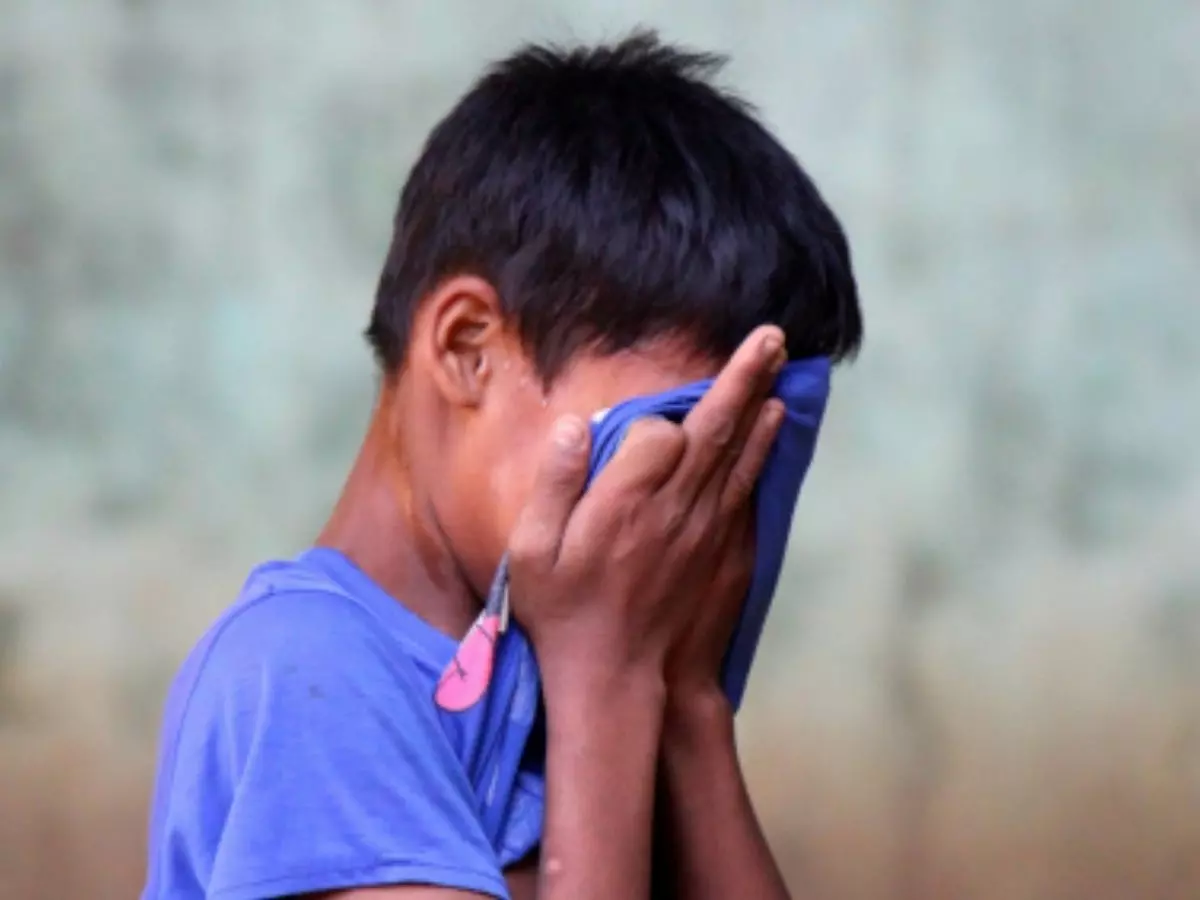School Bullying Could Affect Child¡¯s Skill Development And Damage Adulthood
Even though bullying had a negative impact on the development of both cognitive and non-cognitive skills, victimisation¡¯s effects were more severe for non-cognitive skill accumulation.

Kids who get bullied in school during their formative years or teenage years suffer from skill development and healthy adulthood in the future, according to a new study conducted by researchers from Purdue University (reported first by Phys.org).
 Getty Images
Getty Images
Also Read: Bullying And Violence At Workplace Can Increase Chances Of A Heart Attack, Stroke: Study Finds
Miguel Sarzosa, an assistant professor of economics at Purdue University finds in his analysis that victimisation depletes an average middle school child¡¯s non-cognitive skills which makes the child more likely to be bullied again.
Sarzosa looked at cognitive and non-cognitive skill sets and skill accumulation processes of 3,499 school-aged kids, interviewed over a span of six years as part of the Junior High School Panel of the Korean Youth Panel Survey.
Even though bullying had a negative impact on the development of both cognitive and non-cognitive skills, victimisation¡¯s effects were more severe for non-cognitive skill accumulation.
Non-cognitive skills (which are also referred to as soft skills) include the ability to recognise and control emotions and reactions, make positive relationships and take decisions responsibly while setting appropriate goals. Cognitive skills were measured via academic performance on maths, science language and scores of an end-of-year exam.
Sarzosa found that kids who commenced middle school with less developed cognitive skills were more likely to be bullied, students scoring in the bottom 10 percent for non-cognitive skills are twice as likely to be bullied whereas those in the top 10 percent were 36 percent less likely to be bullied than an average student.
Also Read: Facebook Showed Bullying And Harassment Content 15 Times Every 10,000 Views
 Unsplash
Unsplash
Sarzosa calls this a serious issue as bullying decreases the already low non-cognitive skills in those kids which can snowball into adulthood and subject them to other kinds of risks like depression, substance abuse, suicidal ideation etc.
He suggests two ways in helping reduce the negative effects of victimisation by investments in helping kids develop non-cognitive skills at a younger age and grouping the kids with similar non-cognitive skill levels. These measures could reduce the likelihood of being bullied from 11.5 percent to 2.8 percent.
For more science and technology stories, keep reading Indiatimes.com.
